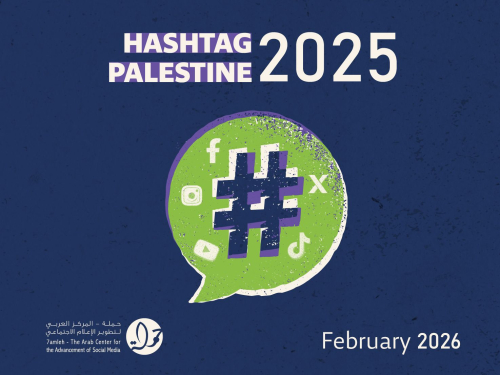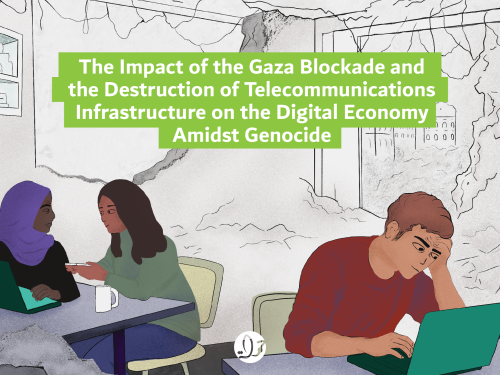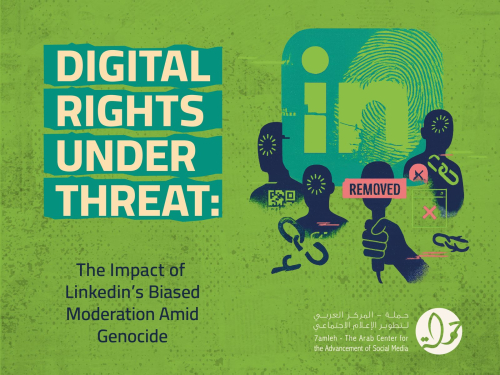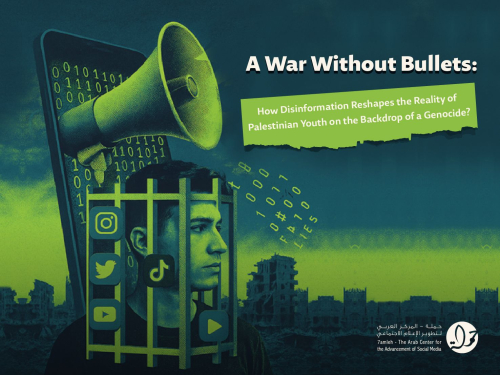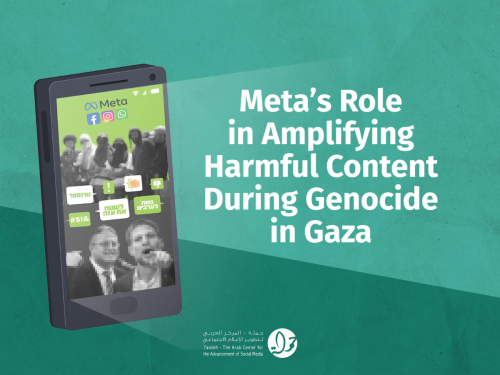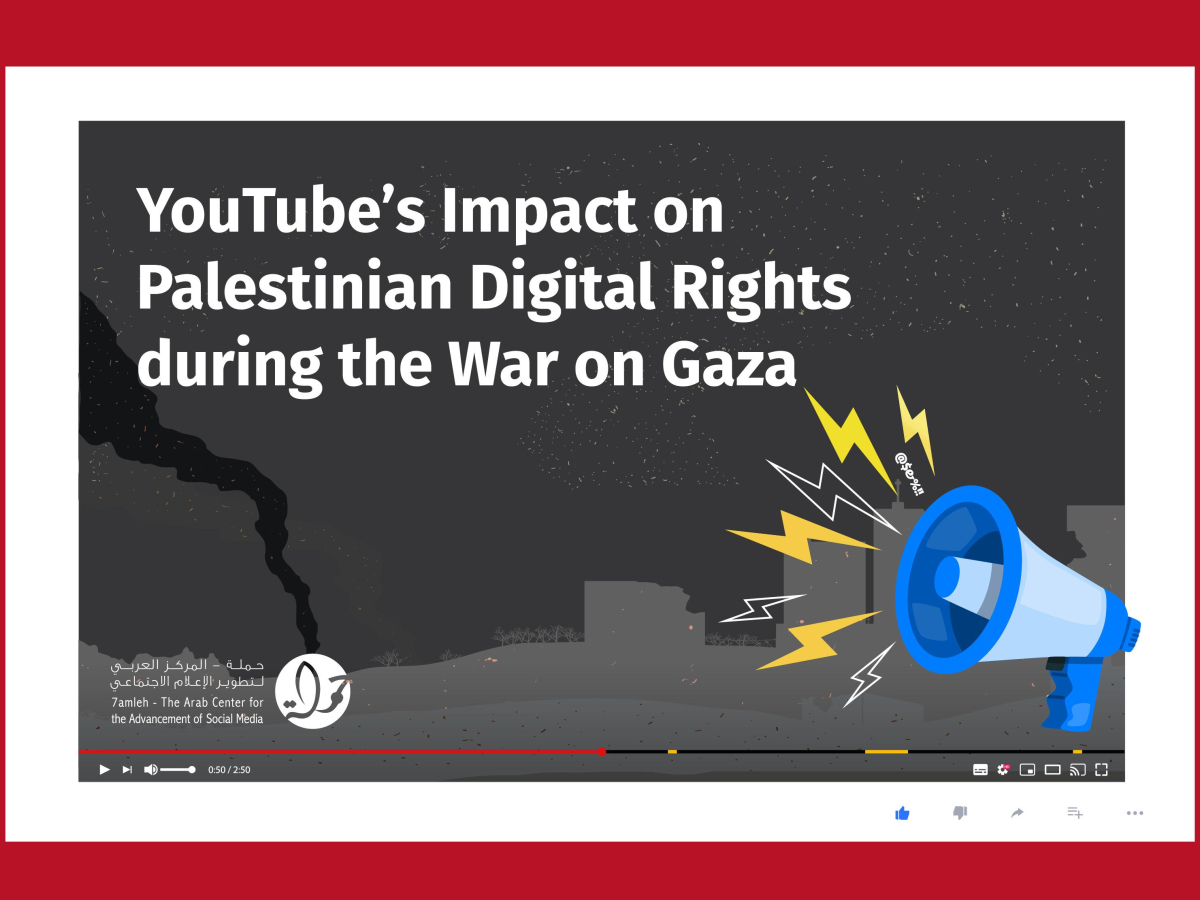
April 25, 2024, 7amleh - The Arab Center for the Advancement of Social Media issued a position paper titled "Youtube's Impact on Palestinian Digital Rights during the War on Gaza''. The paper addressed YouTube's policies and discriminatory practices, its compliance with international law, adherence to human rights due diligence, and its impact on Palestinian digital rights following the 7th of October.
The paper provided an assessment of YouTube's advertising standards and practices and their compatibility with international human rights. This was done through an analysis of war propaganda dissemination, particularly advertisements from the Israeli Ministry of Foreign Affairs which urged viewers to stand by Israel’s actions in its war on Gaza. The paper also analyzed YouTube’s content moderation policies, highlighting discriminatory practices such as demonetization or restrictions on content creators due to their criticism of Israel's actions in Gaza.
The paper concluded that YouTube’s policies allowed for the dissemination of problematic content in the form of advertising material that increased incitement to hatred and violence against Palestinians. Furthermore, the paper saw that the platform's discriminatory practices of demonetizing and restricting content critical of Israel's actions in Gaza indicated that YouTube's community guidelines do not protect freedom of expression and hinder the sharing of information about the lives of Palestinians.
The paper presented a set of recommendations directed at YouTube, such as a call to uphold the terms of service in a non-discriminatory manner, further transparency on countries targeted by advertisements such as the ones sponsored by the Israeli Ministry of Foreign Affairs, and a call to maintain deleted advertisements in Youtube’s Transparency Center. Additionally, it called for detailed transparency reports on cases of guideline violations, content deletions, and additional information on why content is demonetized. Last but not least, it called on YouTube to allow Palestinian content creators to monetize their content on YouTube.
To view the full position paper, click here
Related Articles
Subscribe to Our Email Alerts
And stay updated with our latest activities, news, and publications!

